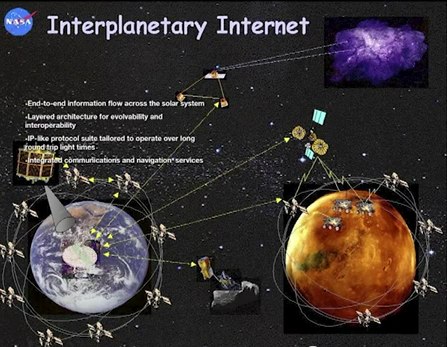If you've been following the excellent work of the WebRTC/RTCWEB initiative you'll know that developers are already using developer builds of browsers like Google Chrome and Mozilla Firefox to move real-time communications (RTC) directly into web browsers - without using Flash or Java plugins.
It's a powerful step to bake real-time communications into the very fabric of the Web. It stands to open up a zillion new opportunities for innovative uses of voice and video... and can fundamentally disrupt so many aspects of today's telecommunications.
It also stands a chance of completely swamping today's networks with RTC traffic!
So what do we do? How do make sure that browser-based RTC plays nice with other traffic? How do we help it succeed?
Those are the type of topics to be discussed and debated in a "Workshop on Congestion Control for Interactive Real-Time Communication" taking place on Saturday, July 28, 2012, in Vancouver, British Columbia, on the weekend before the start of the week-long IETF 84 standards meeting.
The workshop is free of charge, and even has the possibility for remote participation, but you must be invited to attend. It is a working session and the organizers, the Internet Architecture Board (IAB) and Internet Research Task Force (IRTF), are requiring all potential attendees to submit a position paper basically explaining why they want to attend. More information and details can be found here:
http://www.iab.org/cc-workshop/
THE DEADLINE FOR SUBMITTING POSITION PAPERS IS SATURDAY, JUNE 23!
So if you want to participate in what should be an extremely interesting session, you need to go now and submit a paper for consideration.
It's an extremely important topic - and one that must be addressed for WebRTC/RTCWEB to truly be the innovative force that it can be. I hope you'll consider participating!
P.S. If you can't attend that particular day, the outcome of the event will definitely be discussed on the IETF's rtcweb mailing list (Warning - high traffic!!!). Anyone can join that list so you subscribe if you'd like to monitor what is going on. (Did I mention that the list has a high volume of traffic?)
If you found this post interesting or useful, please consider either:
- following me on Twitter;
- adding me to a circle on Google+;
- subscribing to my email newsletter; or
- subscribing to the RSS feed


 Want to understand the security aspects of IPv6? In about 8 hours, at 4:00pm US Eastern on June 20, 2012, security researcher Joe Klein will be giving a presentation on “
Want to understand the security aspects of IPv6? In about 8 hours, at 4:00pm US Eastern on June 20, 2012, security researcher Joe Klein will be giving a presentation on “



